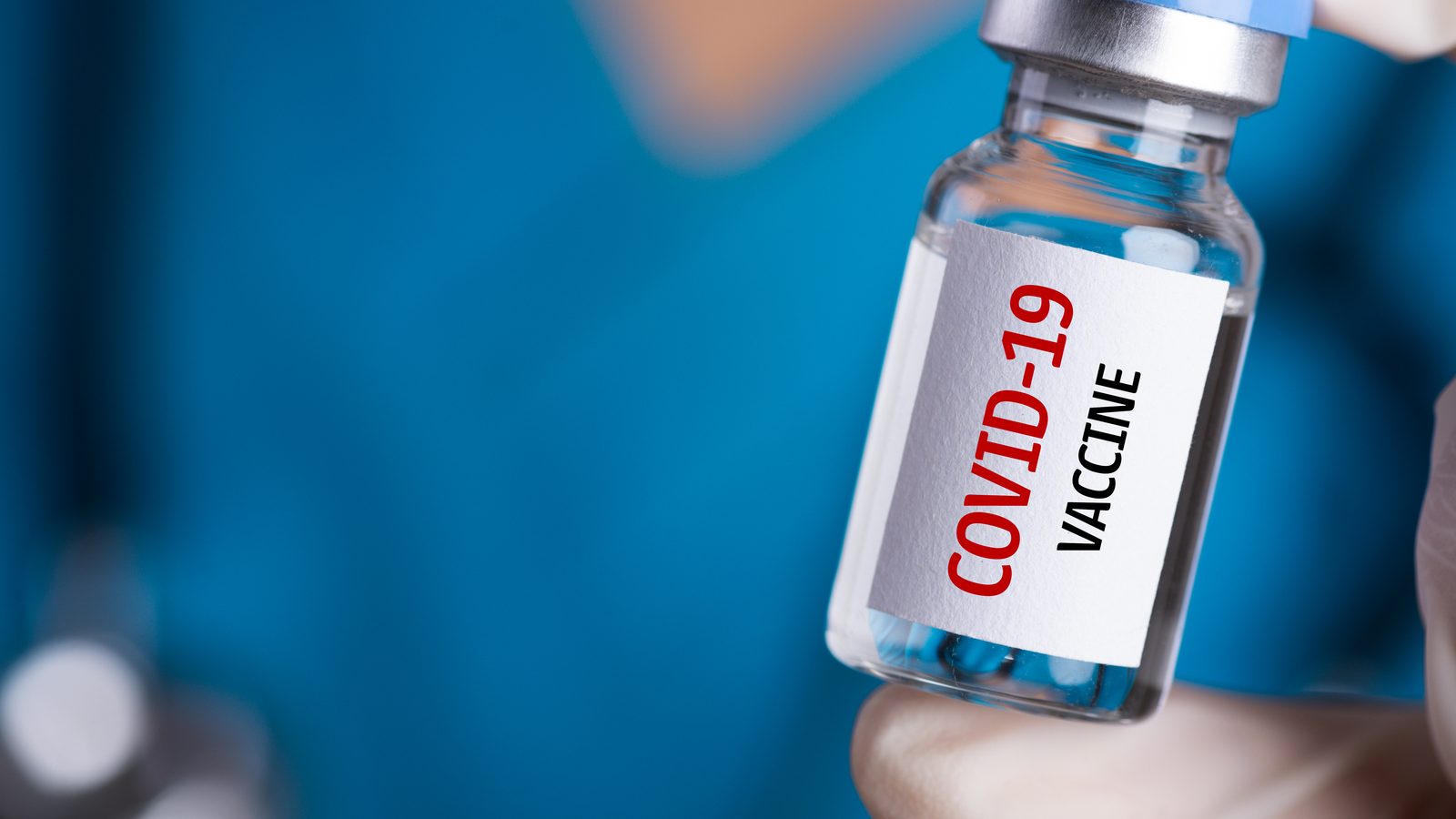 January 26, 2021
January 26, 2021
Last month, the U.S. Food and Drug Administration (FDA) granted Emergency Use Authorization for a coronavirus vaccines developed by Pfizer and Moderna. Supply of the vaccines is limited and is being managed by the Minnesota Department of Health. Minnesota Oncology is closely following vaccine-related developments from federal and state agencies. We’ll share more information about the vaccine and its impact for the Minnesota Oncology community over the coming weeks.
MDH Pilot Program
On January 26, 2021 the Minnesota Department of Health will open registration for a limited number of vaccine slots available through a pilot program.
Eligibility
People in the following groups are currently eligible to make appointments for the COVID-19 vaccine:
- Minnesotans aged 65 and over
- Pre-k through grade 12 educators
- Child care workers
MDH vaccine registration for patients: https://mn.gov/covid19/vaccine/find-vaccine/index.jsp
Practice Administration of Vaccine
Currently, Minnesota Oncology is NOT administering the COVID-19 Vaccine. Minnesota Oncology has registered with the Minnesota Department of Health and will consider administering the coronavirus vaccine if supply becomes available to the practice. We are staying in close communication with public health authorities about the arrival of the vaccines. The CDC has suggested adults with high-risk medical conditions (such as cancer) will be eligible for the vaccine in a later phase of distribution. We will provide more information as it becomes available.
COVID-19 Vaccine FAQs for Cancer Patients
Source: https://www.cancer.net/blog/2022-02/coronavirus-and-covid-19-what-people-with-cancer-need-know
Should people with cancer be vaccinated against COVID-19?
At this time, patients with cancer may be offered vaccination against COVID-19 as long as components of that vaccine are not contraindicated. The current US CDC recommendations around vaccination do not mention cancer but do discuss immunocompromised individuals. They state: “Immunocompromised individuals may still receive COVID-19 vaccination if they have no contraindications to vaccination. However, they should be counseled about the unknown vaccine safety profile and effectiveness in immunocompromised populations, as well as the potential for reduced immune responses and the need to continue to follow all current guidance to protect themselves against COVID-19.” The expert panel noted that while some immunocompromised patients may experience decreased response to the vaccine, it may still confer some benefit and is important to reduce the risk or severity of COVID-19 to cancer patients, especially given recent evidence of higher rates of severe infection.
Should people undergoing active treatment for cancer be vaccinated against COVID-19?
At this time, patients undergoing treatment may be offered vaccination against COVID-19 as long as any components of the vaccine are not contraindicated. Oncologists have experience providing other types of vaccines to patients receiving treatment for cancer, including chemotherapy, immunotherapy, radiation therapy or stem cell transplantation. Strategies such as providing the vaccine in between cycles of therapy and after appropriate waiting periods for patients receiving stem cell transplants and immune globulin treatment can be used to reduce the risks while maintaining the efficacy of vaccination.
Should cancer survivors be vaccinated against COVID-19?
Cancer survivors may be offered vaccination against COVID-19 as long as any components of the vaccine are not contraindicated.
Are there people who should not be vaccinated?
At this time, only those with contraindications to a specific vaccine component should not be offered vaccination with that specific product. These contraindications are described in detail on the CDC’s vaccination clinical considerations page.
What other concerns are there for people with cancer who are vaccinated?
As there is still uncertainty around the extent to which immunocompromised patients with cancer will develop immunity in response to vaccination, vaccinated patients should continue to follow current guidance to protect themselves from exposure to COVID-19. The expert panel underscored the message that while providing the vaccine to cancer patients and their caregivers will reduce risk for infection or clinical COVID-19 disease, they emphasized the importance of continuing practices of wearing masks, social distancing, and maintaining good hand hygiene even after vaccination.



